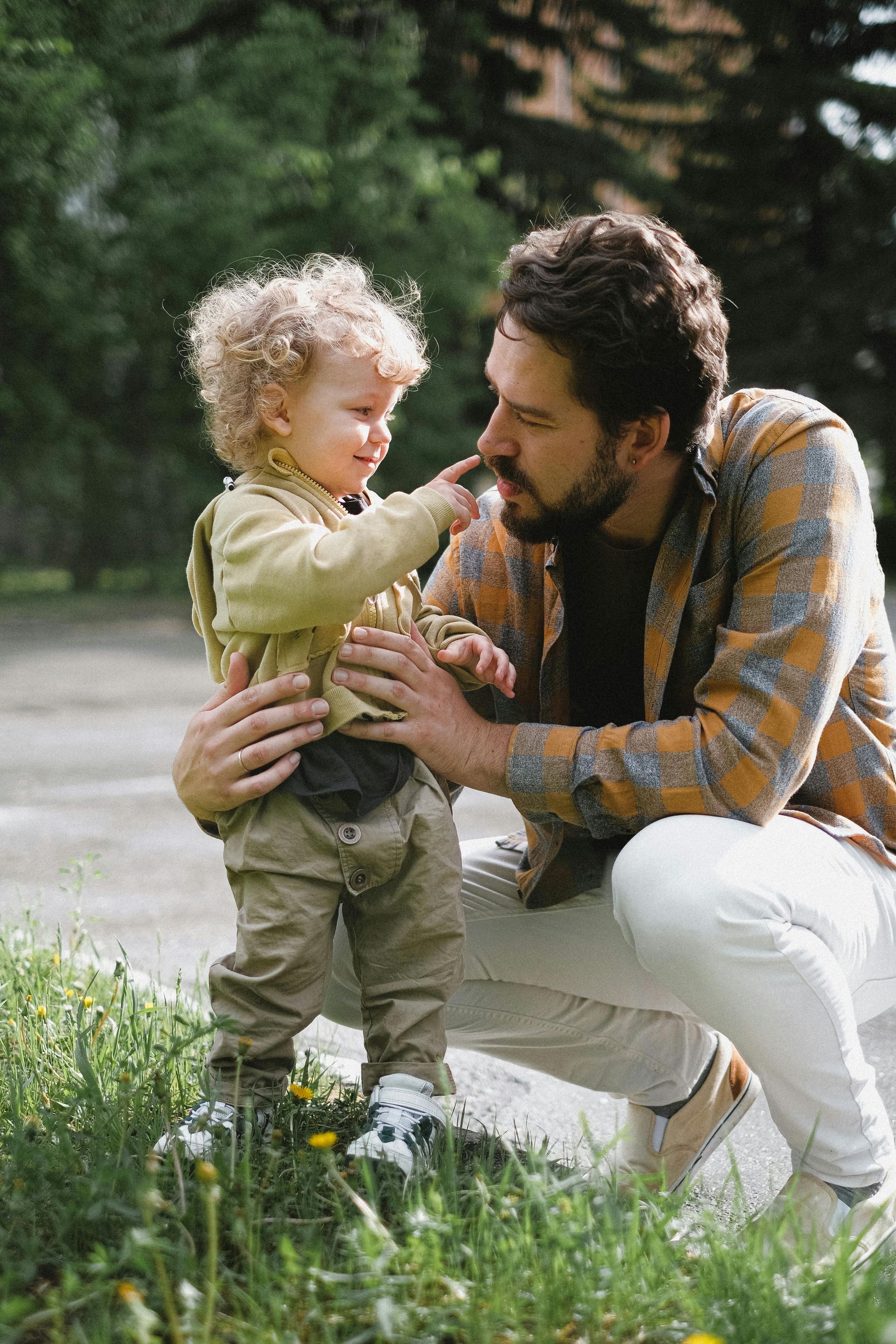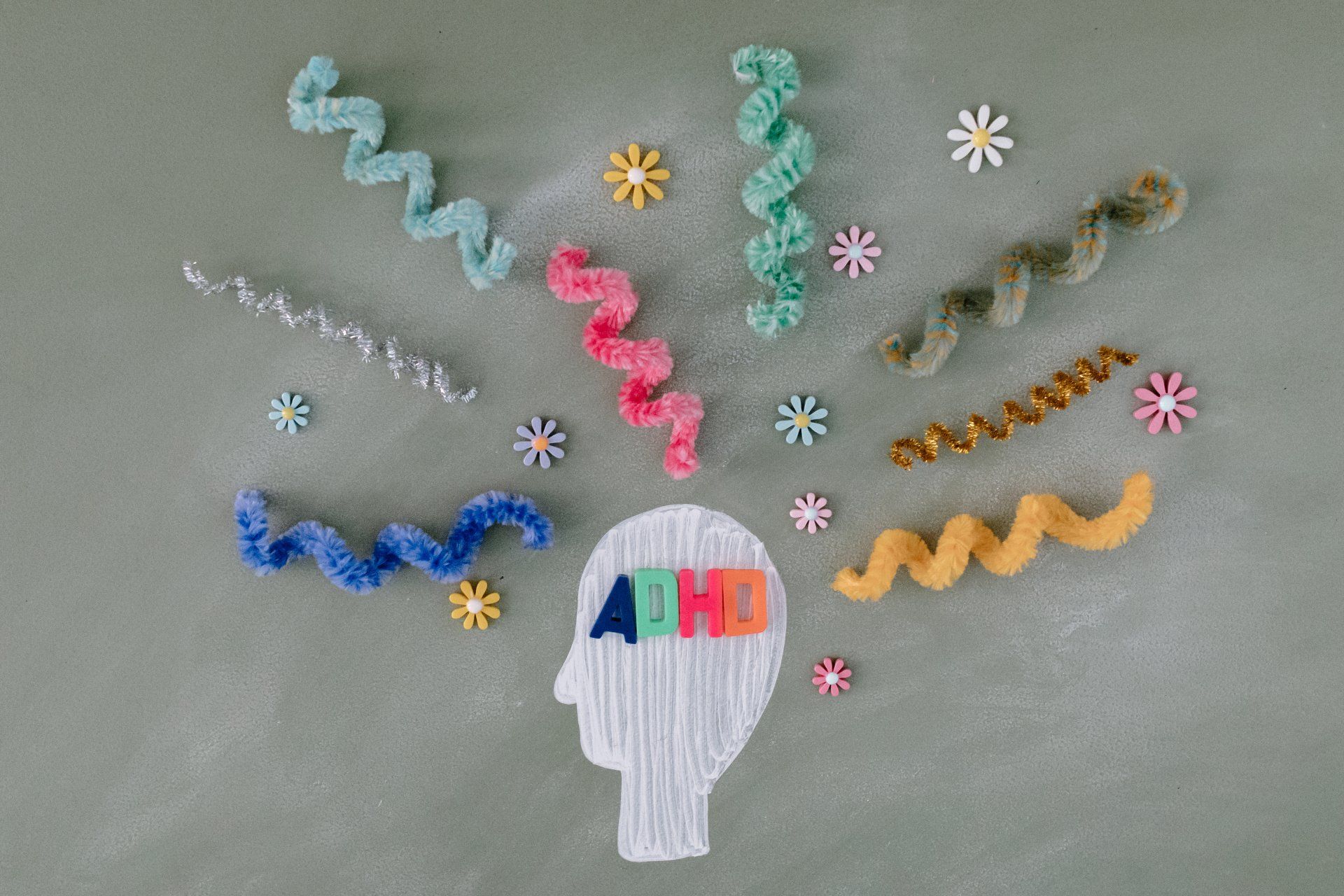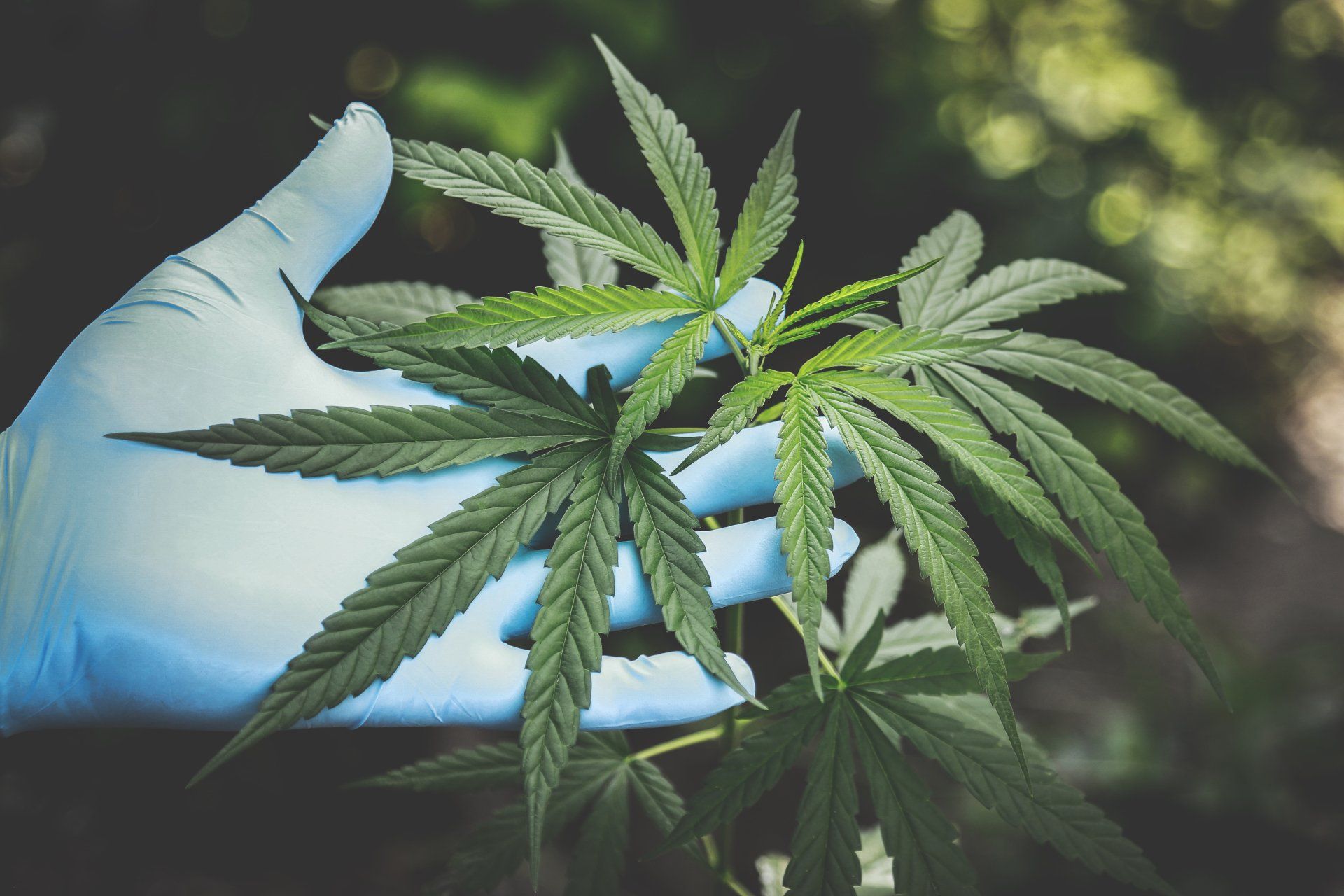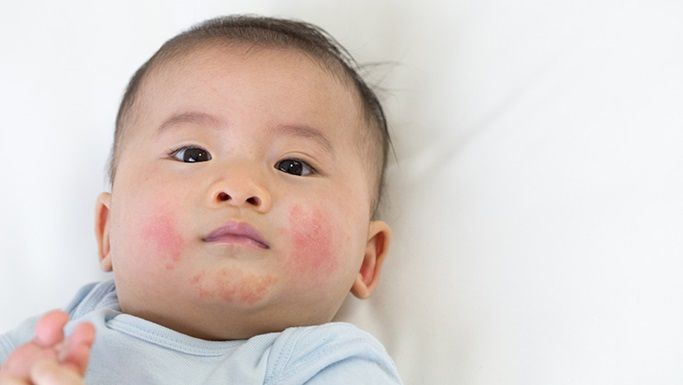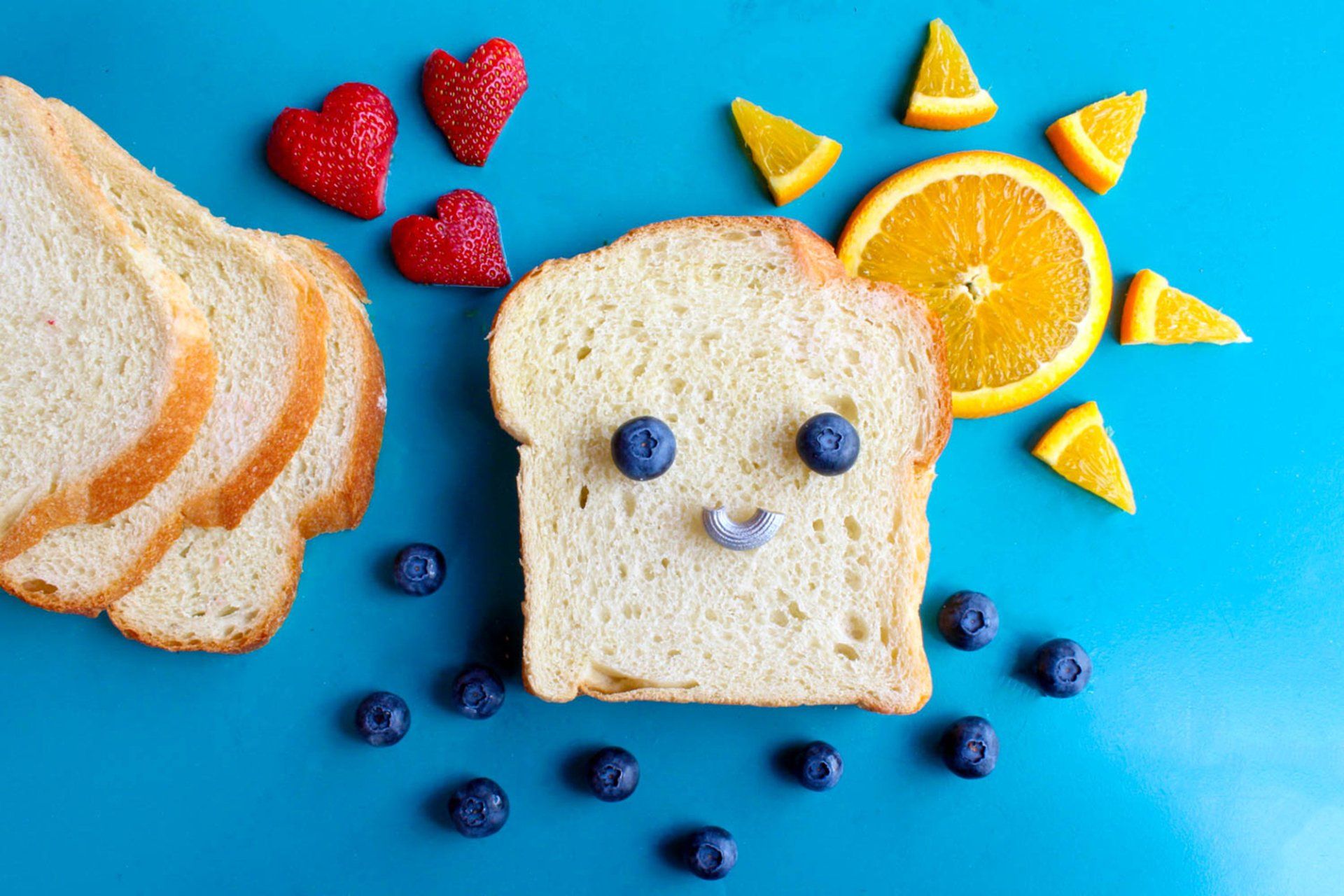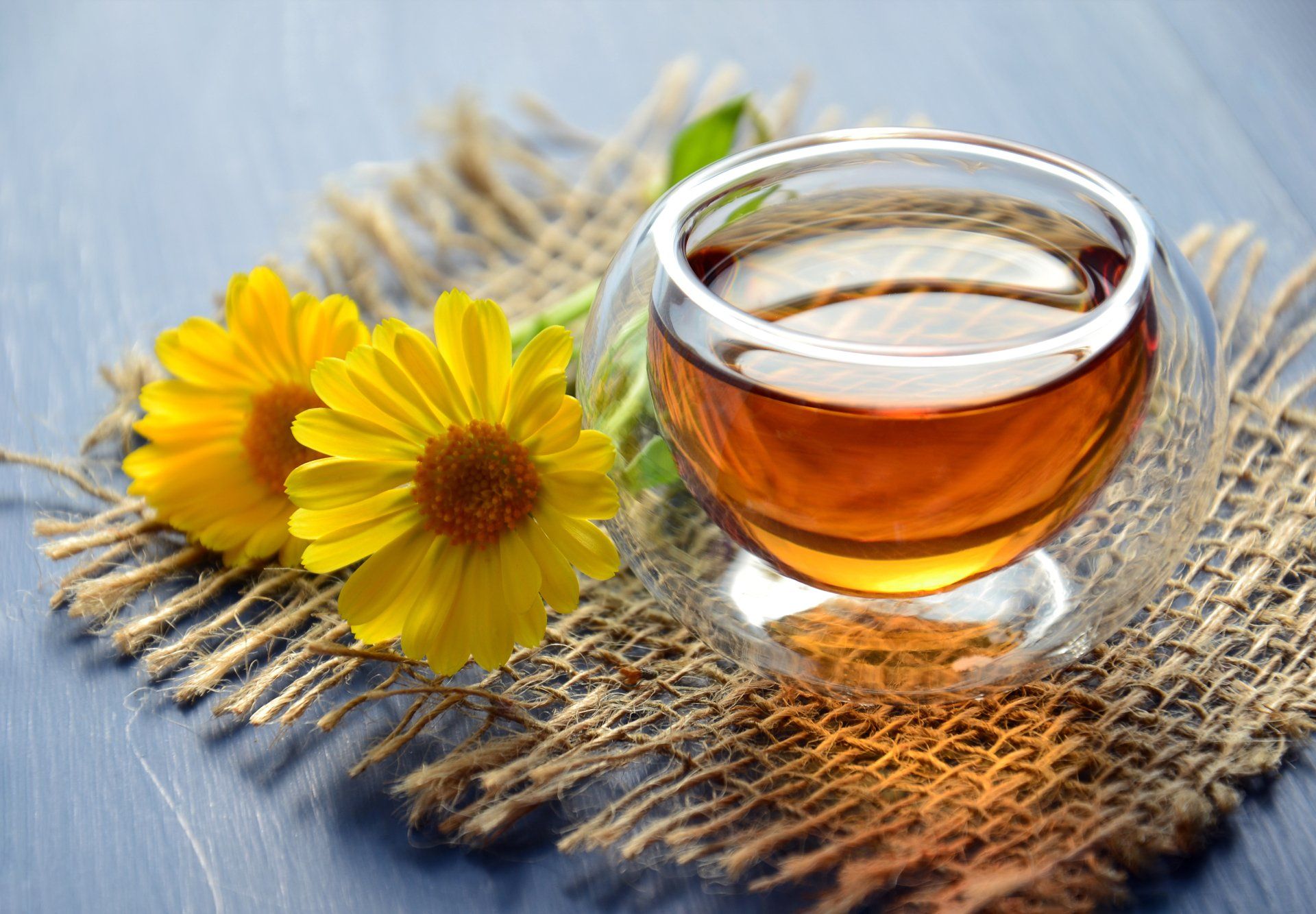Healing the Whole Child: Integrating Naturopathic Medicine and Psychological Counselling to Treat Paediatric Anxiety
Anxiety disorders are among the most common mental health conditions affecting children and adolescents today. According to the Canadian Mental Health Association, approximately 1 in 5 children in Canada experiences a mental health problem, with anxiety leading the list. In a high-paced world filled with academic demands, social pressures, and digital stimulation, it's no surprise that many young people are struggling with persistent worry and fear.
However, the solution isn’t found in a one-size-fits-all approach. At Toronto Kids Health and Young Sprouts Therapy (a child and family therapy clinic in Thornhill), we believe that a collaborative model—rooted in the integration of naturopathic medicine and psychological counselling—offers a powerful, holistic pathway to healing. By addressing both the physiological and psychological roots of anxiety, we create individualized care plans that empower children and families to thrive.
Why a Holistic Approach to Paediatric Anxiety Matters
Anxiety doesn't manifest solely in the mind. It impacts the body, disrupts sleep, affects digestion, and can even weaken the immune system. Children may not always articulate their feelings directly; instead, their anxiety may show up as headaches, stomachaches, behavioural outbursts, sleep disturbances, or school refusal.
The holistic model acknowledges this mind-body connection. It asks not just "what is wrong?" but "what is out of balance?" This opens the door to a dual approach that combines the emotional and behavioural support of psychological counselling with the physical and biochemical support of naturopathic care.
The Role of Psychological Counselling in Paediatric Anxiety
Young Sprouts Therapy specializes in child-focused psychological counselling using evidence-based modalities that are developmentally appropriate and rooted in compassion. Our therapists work with children, parents, and families to understand the root causes of anxiety and teach skills to manage it effectively.
Evidence-Based Psychological Approaches:
- Cognitive Behavioural Therapy (CBT)
CBT is one of the most well-researched and effective treatments for paediatric anxiety. It helps children recognize and reframe anxious thoughts, learn coping strategies, and practice gradual exposure to feared situations. Studies have shown that CBT can significantly reduce symptoms of generalized anxiety, social anxiety, and specific phobias in children (Kendall et al., 2005). - Play Therapy
Especially beneficial for younger children, play therapy uses toys, art, and storytelling as tools for communication. This modality helps therapists understand the child’s internal world and provides a safe space to express emotions, build emotional regulation, and develop coping mechanisms. - Parent Coaching and Family Therapy
Anxiety often affects the entire family system. Involving parents in the therapeutic process can improve outcomes by reinforcing positive behaviours, improving communication, and providing consistent support at home. Parental anxiety can also be addressed as it often correlates with child anxiety (Ginsburg et al., 2004). - Mindfulness and Relaxation Training
Techniques such as guided imagery, diaphragmatic breathing, and progressive muscle relaxation can be taught in sessions and practiced at home to reduce physiological symptoms of anxiety and improve emotional regulation.
The Role of Naturopathic Medicine in Paediatric Anxiety
At Toronto Kids Health Naturopathy, we take a functional, integrative approach to child health that complements psychological care. Our naturopathic doctors investigate nutritional, biochemical, and lifestyle factors that may contribute to anxiety while using safe, evidence-based natural therapies to support nervous system regulation.
Evidence-Based Naturopathic Approaches:
- Nutritional Optimization
Emerging evidence shows strong links between diet, gut health, and mental health. Deficiencies in key nutrients—such as magnesium, zinc, vitamin D, omega-3 fatty acids, and B vitamins—are associated with anxiety symptoms in children (Sowa-Kućma et al., 2018). We perform targeted testing and make individualized dietary recommendations to correct imbalances. - Gut-Brain Axis Support
The gut microbiome plays a significant role in mood regulation. Probiotic and prebiotic interventions may reduce anxiety symptoms by modulating gut flora and inflammation (Slykerman et al., 2017). We assess for gut dysbiosis and recommend interventions tailored to each child’s needs. - Botanical Medicine
Certain herbs, such as chamomile (Matricaria recutita), lemon balm (Melissa officinalis), and passionflower (Passiflora incarnata), have shown promise in managing anxiety in children and adolescents. These botanicals, when used judiciously and under the guidance of a trained ND, can support calming of the nervous system without the side effects associated with pharmaceuticals (Sarris et al., 2013). - Homeopathy and Flower Essences
While more controversial in the research literature, homeopathy and Bach Flower Remedies are often well-tolerated and can offer subtle yet effective emotional support, especially when tailored to the individual child’s emotional profile. - Lifestyle Counselling and Sleep Hygiene
Children with anxiety often have disrupted sleep. We offer strategies to support circadian rhythms, reduce screen time, and encourage physical activity—all of which have been shown to lower anxiety levels. - Mind-Body Interventions
Naturopathic care can include breath work, yoga for kids, and guided meditations. These practices support parasympathetic nervous system activation and improve resilience to stress.

The Power of Collaboration: Two Practices, One Child- Centered Vision
The synergy between Toronto Kids Health Naturopathy and Young Sprouts Therapy lies in our shared mission: to treat the whole child, not just the symptoms. By combining our areas of expertise, we can co-create care plans that are both biologically and emotionally informed.
Here’s how this collaboration typically works:
- Shared Assessment and Communication
We begin with a shared intake process where, with parental consent, relevant findings from both practitioners are communicated. For example, if a child in therapy reveals signs of disordered eating or sleep issues, this may trigger a naturopathic referral. Conversely, if a naturopath identifies chronic digestive issues linked to anxiety, a psychological consult is recommended. - Integrated Care Plans
We develop a care plan with complementary treatments. While a therapist works on exposure therapy and cognitive restructuring, the ND may prescribe calming herbs, nutritional support, and sleep interventions. Progress is tracked collaboratively, and modifications are made in tandem. - Parental Support and Education
Both practices offer parenting resources to ensure that the child’s home environment reinforces the healing process. Parents are educated about anxiety, the role of nutrition, and how to reinforce therapeutic strategies at home. - Consistency and Continuity
Our practices operate in the same city—Toronto—which enables us to provide timely, seamless referrals and follow-ups. When families feel their healthcare providers are in sync, it reduces confusion, builds trust, and improves adherence to care plans.
Final Thoughts: A New Model for Paediatric Mental Health
In an era where many families are looking for more natural and empowering approaches to healthcare, collaboration between naturopathic and psychological providers represents a future-forward model for treating paediatric anxiety. It's not about choosing one path over another—it's about integrating the best of both worlds to support the whole child.
If your child is experiencing anxiety, know that you're not alone—and that support is available. At Toronto Kids Health Naturopathy and Young Sprouts Therapy, we are committed to walking alongside families with compassion, expertise, and a truly holistic vision for health.
References:
- Kendall, P. C., et al. (2005). Cognitive-behavioural therapy for anxiety-disordered youth: A randomized clinical trial evaluating child and family modalities. Journal of Consulting and Clinical Psychology, 73(4), 728–739.
- Ginsburg, G. S., et al. (2004). Maternal anxiety and child anxiety: The mediating role of child interpretation bias. Journal of Clinical Child and Adolescent Psychology, 33(1), 112–121.
- Sowa-Kućma, M., et al. (2018). The role of zinc, magnesium and other biometals in mood disorders. Current Neuropharmacology, 16(5), 519–539.
- Sarris, J., et al. (2013). Herbal medicines for anxiety, depression, and insomnia: A review of psychopharmacology and clinical evidence. European Neuropsychopharmacology, 23(8), 835–852.
- Slykerman, R. F., et al. (2017). Effect of Lactobacillus rhamnosus HN001 in pregnancy on postpartum symptoms of depression and anxiety: A randomized double-blind placebo-controlled trial. EBioMedicine, 24, 159–165.
